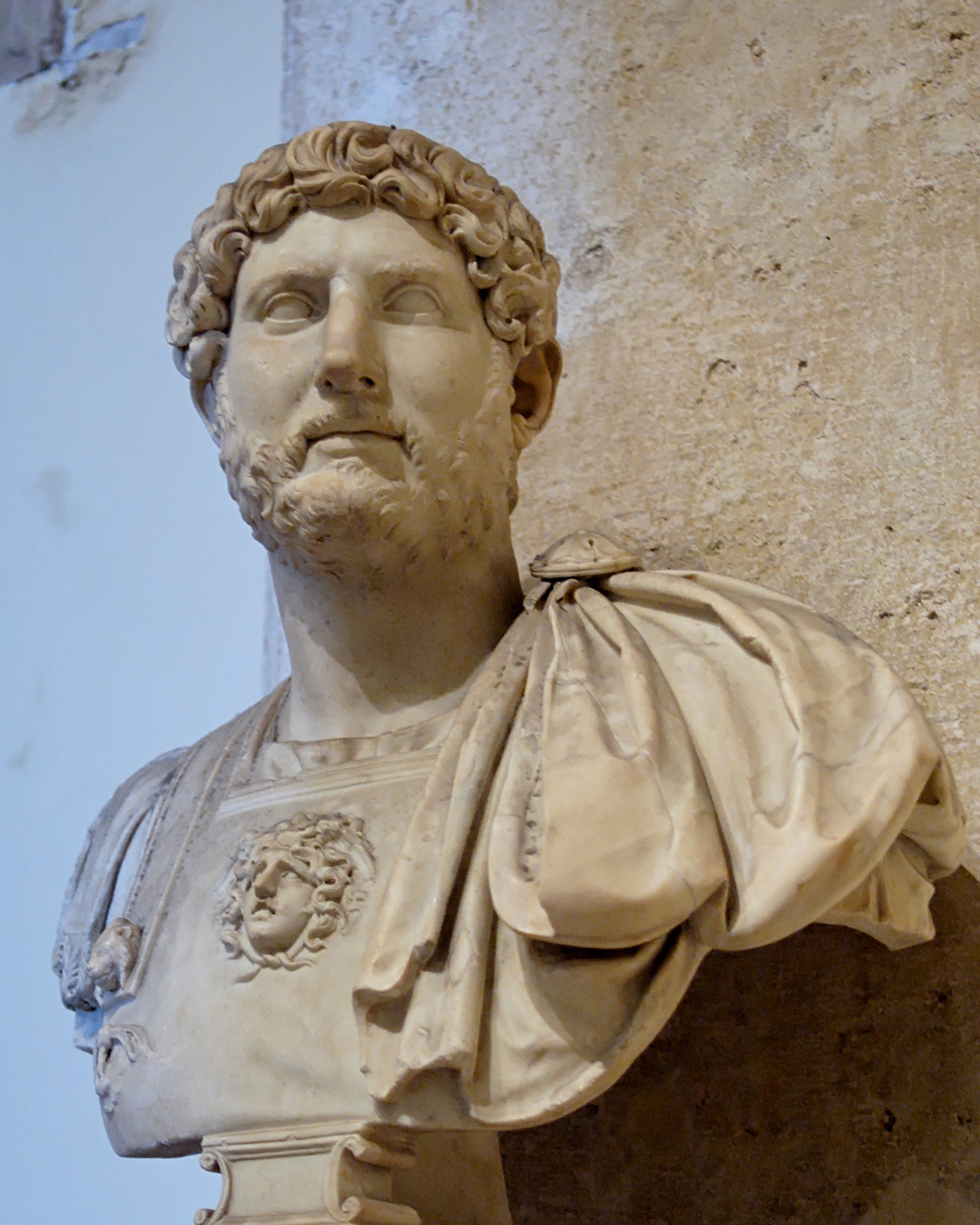|
Aelius Verus
Lucius Aelius Caesar (13 January 101 – 1 January 138) was the father of Emperor Lucius Verus. In 136, he was adopted by Hadrian and named heir to the throne. He died before Hadrian and thus never became emperor. After Lucius' death, he was replaced by Antoninus Pius, who succeeded Hadrian the same year. Life and family Aelius was born Lucius Ceionius Commodus, and became Lucius Aelius Caesar upon his adoption as Hadrian's heir. He is often sometimes referred to as Lucius Aelius Verus, though this name is not attested outside the '' Historia Augusta'', where it probably was originally the result of a manuscript error. The young Lucius Ceionius Commodus was of the gens Ceionia. His father, also named Lucius Ceionius Commodus (the '' Historia Augusta'' adds the cognomen Verus), was consul in 106, and his paternal grandfather, also of the same name, was consul in 78. His paternal ancestors were from Etruria, and were of consular rank. His mother was a surmised but otherwi ... [...More Info...] [...Related Items...] OR: [Wikipedia] [Google] [Baidu] |
Caesar (title)
Caesar ( English Caesars; Latin ''Caesares''; in Greek: ''Kaîsar'') is a title of imperial character. It derives from the ''cognomen'' of Julius Caesar, a Roman dictator. The change from being a familial name to a title adopted by the Roman emperors can be traced to AD 68, following the fall of the Julio–Claudian dynasty. Origins The first known individual to bear the ''cognomen'' of "Caesar" was Sextus Julius Caesar, who is likewise believed to be the common ancestor of all subsequent Julii Caesares. Sextus' great-grandson was the dictator Gaius Julius Caesar. After he seized control of the Roman Republic following his war against the Senate, he adopted the title of ''dictator perpetuo'' ("dictator in perpetuity"), a title he only held for about a month before he was assassinated in 44 BC. Julius Caesar's death did not lead to the restoration of the Republic, and instead led to the rise of the Second Triumvirate, composed by three dictators including Ju ... [...More Info...] [...Related Items...] OR: [Wikipedia] [Google] [Baidu] |
Ronald Syme
Sir Ronald Syme, (11 March 1903 – 4 September 1989) was a New Zealand-born historian and classicist. He was regarded as the greatest historian of ancient Rome since Theodor Mommsen and the most brilliant exponent of the history of the Roman Empire since Edward Gibbon. His great work was ''The Roman Revolution'' (1939), a masterly and controversial analysis of Roman political life in the period following the assassination of Julius Caesar. Life Syme was born to David and Florence Syme in Eltham, New Zealand in 1903, where he attended primary and secondary school; a bad case of measles seriously damaged his vision during this period. He moved to New Plymouth Boys' High School (a house of which bears his name today) at the age of 15, and was head of his class for both of his two years. He continued to the University of Auckland and Victoria University of Wellington, where he studied French language and literature while working on his degree in Classics. He was then educated at ... [...More Info...] [...Related Items...] OR: [Wikipedia] [Google] [Baidu] |
Cassius Dio
Lucius Cassius Dio (), also known as Dio Cassius ( ), was a Roman historian and senator of maternal Greek origin. He published 80 volumes of the history on ancient Rome, beginning with the arrival of Aeneas in Italy. The volumes documented the subsequent founding of Rome (753 BC), the formation of the Republic (509 BC), and the creation of the Empire (27 BC), up until 229 AD. Written in Ancient Greek over 22 years, Dio's work covers approximately 1,000 years of history. Many of his 80 books have survived intact, or as fragments, providing modern scholars with a detailed perspective on Roman history. Biography Lucius Cassius Dio was the son of Cassius Apronianus, a Roman senator and member of the gens Cassia, who was born and raised at Nicaea in Bithynia. Byzantine tradition maintains that Dio's mother was the daughter or sister of the Greek orator and philosopher, Dio Chrysostom; however, this relationship has been disputed. Although Dio was a Roman citizen, he wrote in Gree ... [...More Info...] [...Related Items...] OR: [Wikipedia] [Google] [Baidu] |

